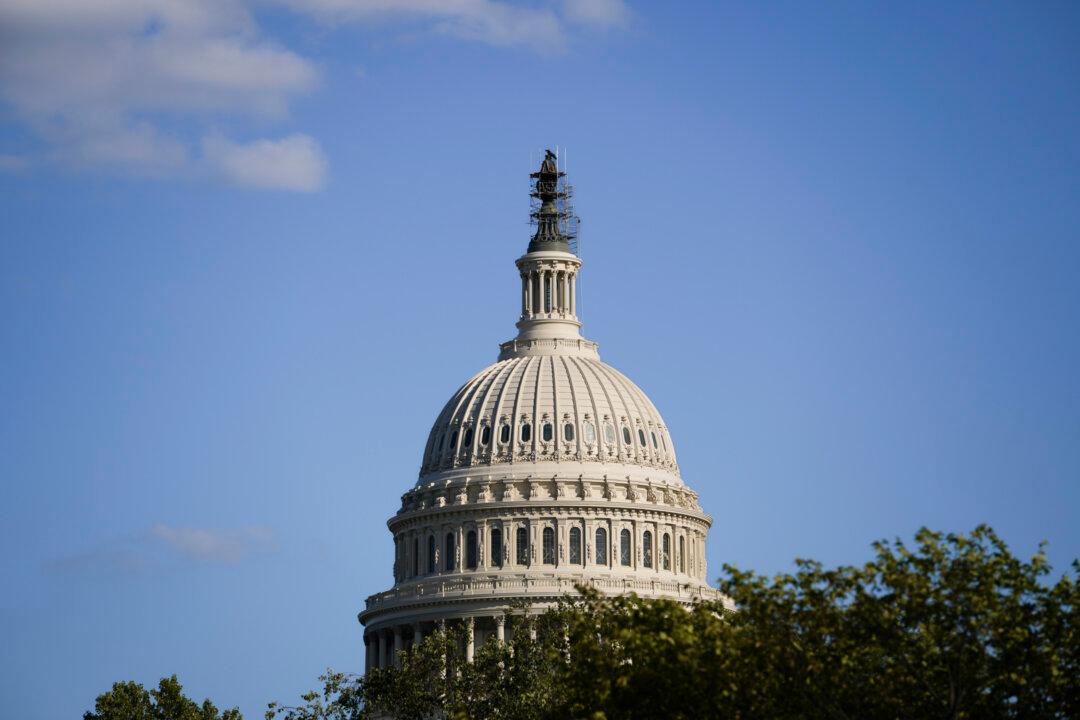The House passed a bill on Nov. 30 to block U.S. funds from reaching the Iranian regime, especially the $6 billion in Iranian assets the Biden administration recently unfroze.
The No Funds for Iranian Terrorism Act, introduced by House Foreign Affairs Committee Chairman Michael McCaul (R-Texas), passed 307–119, with one voting “present.”





